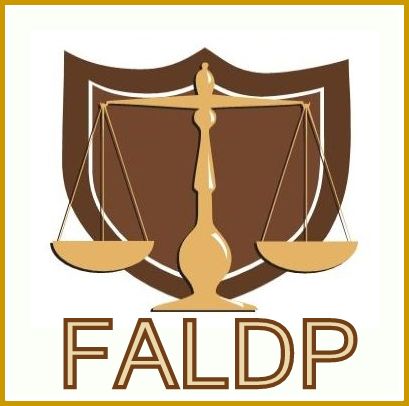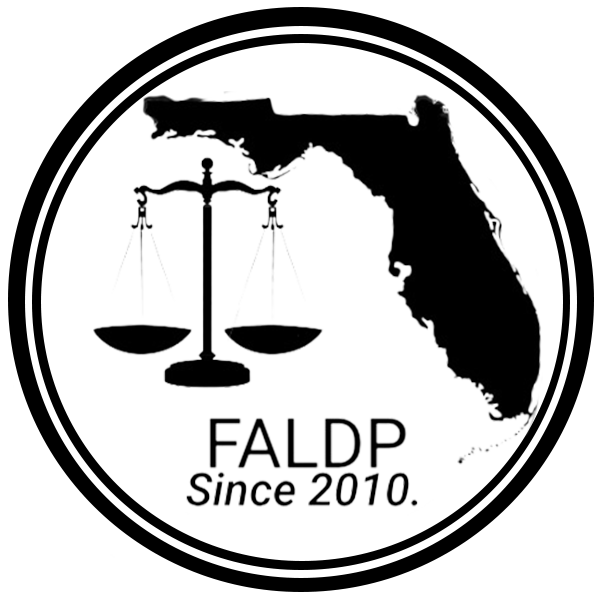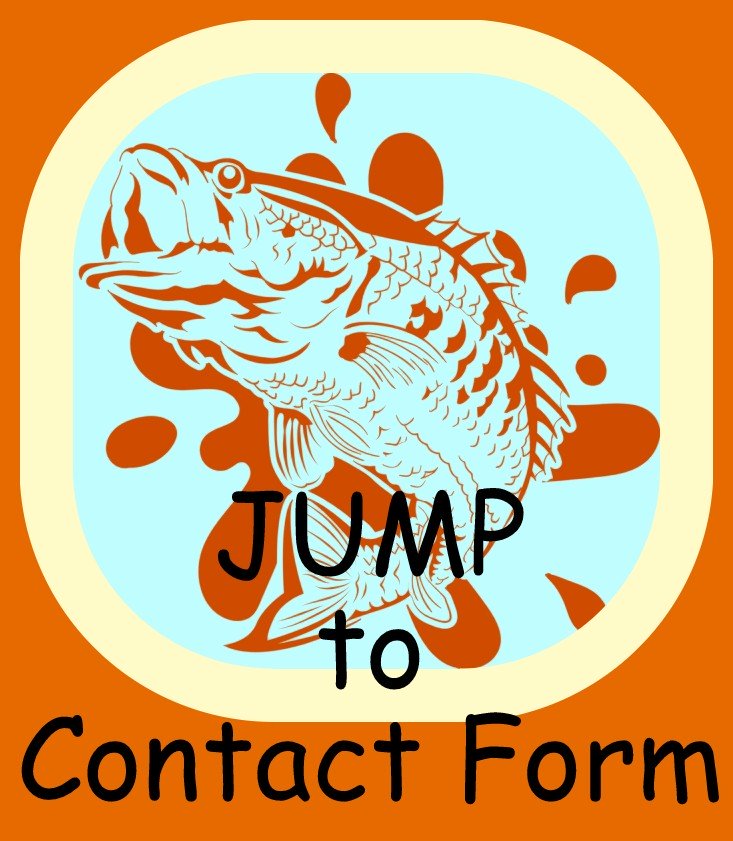800-515-0496
Florida Pro Se

People who choose to fight their own legal battles, without an attorney, usually do so to save money or because they feel that their legal matter is fairly simple. Especially when the legal matter requires documents only and there is no dispute, proceeding pro se might be the best choice. Reliable legal information is the front door key to the legal system. Patience and persistence in carefully learning and following the rules; understanding the substantive law; and constant attention to details help the pro se litigant see their case to its successful conclusion. After all, our tax dollars built the courthouses and pay the court staff - the people have the right to be there. Access to the legal system is a basic tenet of a free society.
Americans are increasingly choosing to fight their own legal battles instead of hiring an attorney. Keep in mind, however, there are some situations where nothing will do, but to hire an attorney.
When Not To Proceed Pro Se
For example, if your legal issues are multi-faceted, overlapping and intricate; or the legal issues are unclear; or your personal freedom is at risk; or large amounts of money are at stake; or you need the credibility clout that only an attorney can offer -- then hiring an attorney is probably your best path. In addition, a few types of legal matters require an attorney. Some of these are: formal probate; guardianship; and personal services contracts. And a business owner is generally not allowed to represent his or her business in court, except in a small claims case.
There are disputes that arise that may call for a legal solution, but may not warrant legal advice. If you know your legal rights; know what you need to do; and the issues are not intricate, fuzzy, or high risk; then handling your legal claim yourself as a Florida pro se litigant may be the best choice.
Florida Pro Se and Civil Disputes
Suppose you are having a dispute with your next door neighbor about his 100 year old oak tree. Suppose the branches of his oak tree are hanging over your house and he refuses to cut it back. You know that your neighbor prizes his oak tree because he always uses it as a backdrop for his family Christmas card pictures, so you are reluctant to trim the overhanging branches yourself.
You have tried writing letters to your neighbor to ask him to please cut it back, but received no response. Nowadays you and your neighbor have stopped speaking, only exchanging glares across the yards. So what do you do? Nothing? Should you cut the branches off yourself? Hire a tree surgeon to cut it back and send your neighbor the bill? Live with it? Take him to court?
Suppose one of those big tree branches falls on your house, damaging your roof, what then? Should you sue him? Should you collect from your insurance company and let the insurance company sue him? These are everyday problems that unfortunately come up ... everyday. Neighbor disputes are always difficult, because you still have to live next to each other, after the dispute is resolved. Some sort of amicable resolution is probably the best path, how to get there is another matter.
Florida Pro Se and Family Law
As a completely different scenario, suppose your wife or husband has left you and disappeared. You have heard rumors that he/she has gone on tour with an unknown heavy metal band. Now a year later, you want to move on with life, and get a divorce.
What do you do? You have no idea where to serve your ex with divorce papers. Can you complete a divorce without your ex’s participation? Do I solve this as a Florida pro se litigant?
In either of these two scenarios many reasonably intelligent and educated adults might be able to handle the legalities themselves, pro se.
Substantive and Procedural Law
The first step is to find out what the laws are surrounding each issue (substantive law). Substantive law might come from codified laws such as state Statutes or from case law (precedent). Do your research.
The second step is to find out what the civil processes and procedures are (procedural law). Procedural law includes specific rules about notifications to the other party; time periods for responses and filings; and acceptable written language and formats for court pleadings.
Substantive and procedural laws may vary widely state to state on many issues. Procedural laws may also vary within states between circuits or jurisdictions. So, when researching laws it is important to make sure that you look for the laws specific to your state, circuit, and jurisdiction.
The internet has opened access to all types of legal information. Federal and state statutes, local ordinances and case law can all be found online, if you know where to look. Once you locate the legal information and decide to go forward on your own, the real work begins. Locating the correct legal document forms and formats; then filing them correctly can be a confusing and daunting task.
Florida Pro Se and Court Resources
In most jurisdictions court clerks are prohibited from offering any help to pro se litigants, since their help might be considered legal advice.
Court clerks often refer pro se litigants with questions to the law library; or, sometimes, to a Pro Se Coordinator or Pro Se Help Desk in the courthouse. In some counties there are attorneys at the courthouse whose job it is to help people bring their pro se disputes to court.
Either of these services can be invaluable depending on the courthouse and jurisdiction. A good Pro Se Coordinator can look over your documents and make sure that they are in the correct format for your type of case; advise you about timelines; and guide you in collecting evidence to prove your claim.
Law library clerks can help you find forms; case law; and navigate legal databases. However, not all courthouses have a Pro Se Coordinator or a Pro Se Help Desk or even a law library. Certainly, there are times and situations where only an attorney can solve your legal problem, other times you can litigate your dispute, on your own, at far less cost. Government run Legal Aid programs are helpful as far as they go, but you generally must be indigent or near-indigent to qualify for their help.
Legal Document Preparers
Luckily, there are businesses and entrepreneurs - legal document preparers and independent paralegals - that help people with routine legal matters and document preparation. These businesses and entrepreneurs fill a need in the middle ground - assisting people who are unable or unwilling to pay steep attorney’s fees, but also need some guidance about completing legal forms, and finding information.
Legal document preparers, also called legal technicians, may assist people in completing legal forms; and offer information about how to file. No one except an attorney may offer legal advice. And, with some exceptions, no one but an attorney can represent another person in court.
Copyright 2010-2025 ~ All rights reserved.

